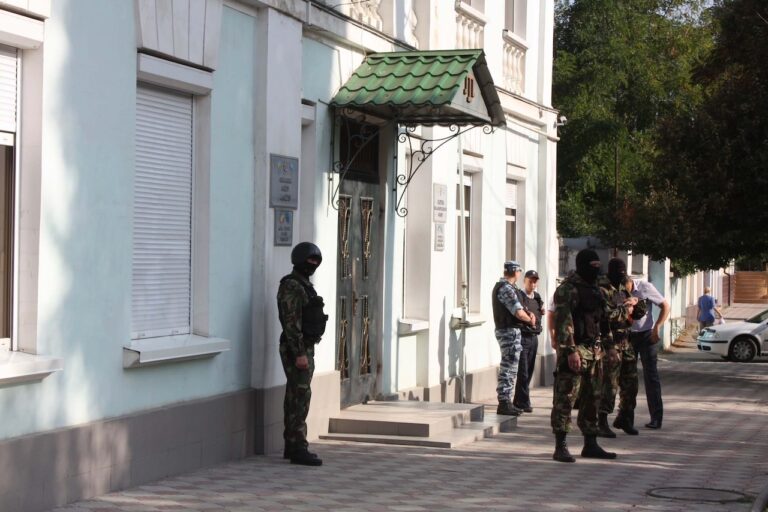"It's hard to avoid the conclusion that Gershkovich’s arrest marks Russian authorities' desire to keep foreign journalists away and stop their reporting on topics that are critical of the government or that unmask its abuses" - HRW
This statement was originally published on hrw.org on 30 March 2023.
Russia’s Federal Security Service has arrested Wall Street Journal reporter Evan Gershkovich on “suspicion of espionage in the interests of the American government,” and a court has ordered him to pretrial custody until May 29.
Gershkovich, 31, has been living in and reporting on Russia since at least 2017, first for the Moscow Times and then Agence France-Press, and was accredited by the Russian Foreign Ministry to work as a reporter in Russia. The Wall Street Journal vehemently denies the security service allegations.
The shocking charges against Gershkovich are bogus on their face.
Department One, an independent group of Russian human rights experts who defend people wrongly accused of treason and espionage, reports that Gershkovich’s arrest marks the first time Russian authorities have arrested a foreign journalist on espionage charges in the post-Soviet era. Last year, a Russian court sentenced prominent Russian journalist Ivan Safronov to 22 years in a maximum-security prison on fabricated treason charges. The case materials were classified, the trial was closed, and Safronov’s lawyers, who work for Department One, faced immense pressure from the authorities that forced two to flee the country.
Gershkovich’s arrest comes amid the Russian government’s all-out assault on speech and media freedoms following its full-scale invasion of Ukraine in February 2022. War censorship laws adopted last year criminalize “discrediting” Russian armed forces or disseminating information about their conduct that deviates from the official government line. Violations are punishable by up to 15 years’ imprisonment. Amendments have expanded these provisions to penalize “discrediting” any Russian state agency abroad. These agencies include “volunteers,” widely understood to be private military security contractors such as the Wagner Group, which has been fighting in Ukraine and was the subject of one of Gershkovich’s articles in recent weeks. Gershkovich also recently reported on the rising toll of the war on Russia’s economy.
Criminal code amendments adopted in 2022 expand the definition of “espionage” to include collecting, keeping, and transferring to “enemies” information that can be used against Russia’s armed forces or other state bodies during armed conflict or other contexts. Specifying “enemies” is new and includes not only foreign states, but also international and foreign organizations.
Russia’s censorship laws have prompted an exodus of independent Russian and foreign media outlets over concerns for journalists’ security. But over time, foreign reporters have come back to continue reporting.
It’s hard to avoid the conclusion that Gershkovich’s arrest marks Russian authorities’ desire to keep foreign journalists away and stop their reporting on topics that are critical of the government or that unmask its abuses. It is a depraved, cynical move. The Russian government should free Evan Gershkovich at once.



